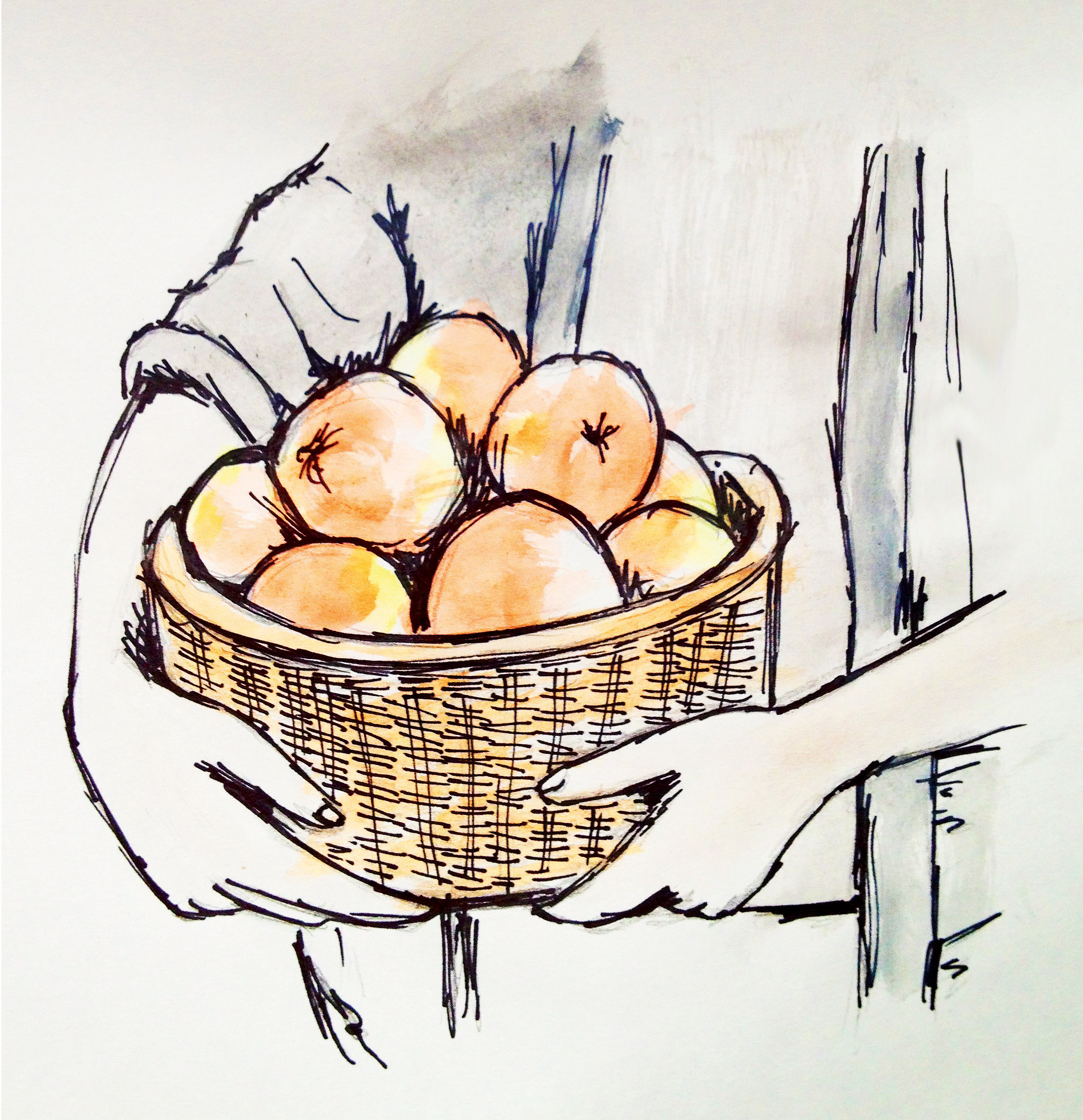The Campus Food Systems Project wants to change the approach to food consumption and food services on campus. The U of M was selected in 2012 along with eight other pilot universities for the project, which is aimed at enhancing the student food movement across Canada and increasing the amount of local and sustainable food on campuses.
Sarah Archibald and Caitlin Colson, national co-ordinators of the Campus Food Systems Project, spoke to the Manitoban about the history and goals of the venture.
“We saw that universities are these amazing hubs of research, innovation, and ability to really create a strong culture and appreciation for food and local sustainable food,” said Archibald.
Although Archibald and Colson saw that some campuses across Canada were individually making headway into the local and sustainable food movement, they noticed that there was no collective movement that included students, chefs, and other individuals working in the food system.
The project places high value on student engagement. Throughout last week, posters in the Fireplace Lounge in University Centre provided a place for students to share their thoughts about where they consume food on campus and where their food comes from.
Julie Rempel and Allison Birch are the Campus Food System Project co-ordinators for the U of M campus. Rempel understands the environmental and social challenges involved in a traditional food system.
“Understanding how that impacts everyone down the chain is really important, and so having that opportunity to educate students and really engage students in that process is valuable,” she said.
Although the project involves changing food services on campus, Rempel noted that food preparation areas and storage areas would also be taken into consideration. Many students only have access to microwaves, with no place to store their food.
Consideration of special diets is also a key component of the project. The U of M campus does not boast a large variety of options for vegetarians, vegans, and those with celiac disease.
Birch hopes that the project “will also open up the dialogue to see how many students are vegan, vegetarian, need halal food options, [and] reduce food waste on campus.”
Both Rempel and Birch noted that the food associated with vegetarian and vegan diets should not be restricted to those who consider themselves vegetarian or vegan. Rather, those foods should be celebrated.
Rempel indicated that the project wants to “[celebrate] that eating vegetables and having a vegetarian and vegan diet doesn’t mean you’re some tree-loving hippie [ . . . ] it’s available for everyone.”
“It’s tasty, and it’s delicious,” she smiled. “[We’re] really trying to change the way we view very specific categories.”
Additional aspects of the U of M campus food system being examined include growing food, producing food, and waste reduction. The project is hoping to involve UMSU’s Student Community Garden .
A question often posed in the debate about the benefits of eating local is the cost associated with the change. Colson noted that on campuses already placing an emphasis on local eating, the cost has not risen.
“When you buy in season and you have relationships with those producers, there hasn’t been a correlated cost increase,” she said. “They’ve actually seen their business on campus grow as a result of their food systems and what they’re offering.”
Colson felt that although the cost of food is “one of the biggest perceived barriers to buying local,” raising the prices of local food does not make business sense to the chefs. Transparency and knowledge of where the food on your plate is coming from are strong themes in the project. She stressed that local and sustainable food is important to support jobs in the local economy.
Since campuses across Canada have different agricultural outputs depending on the area, the project does not propose one single definition of local food. Rather, communities and farmers are encouraged to discover what is best for the economy in their area.
Individuals wishing to get involved in the Campus Food Systems Project at the U of M can email Julie Rempel and Allison Birch at [email protected].


